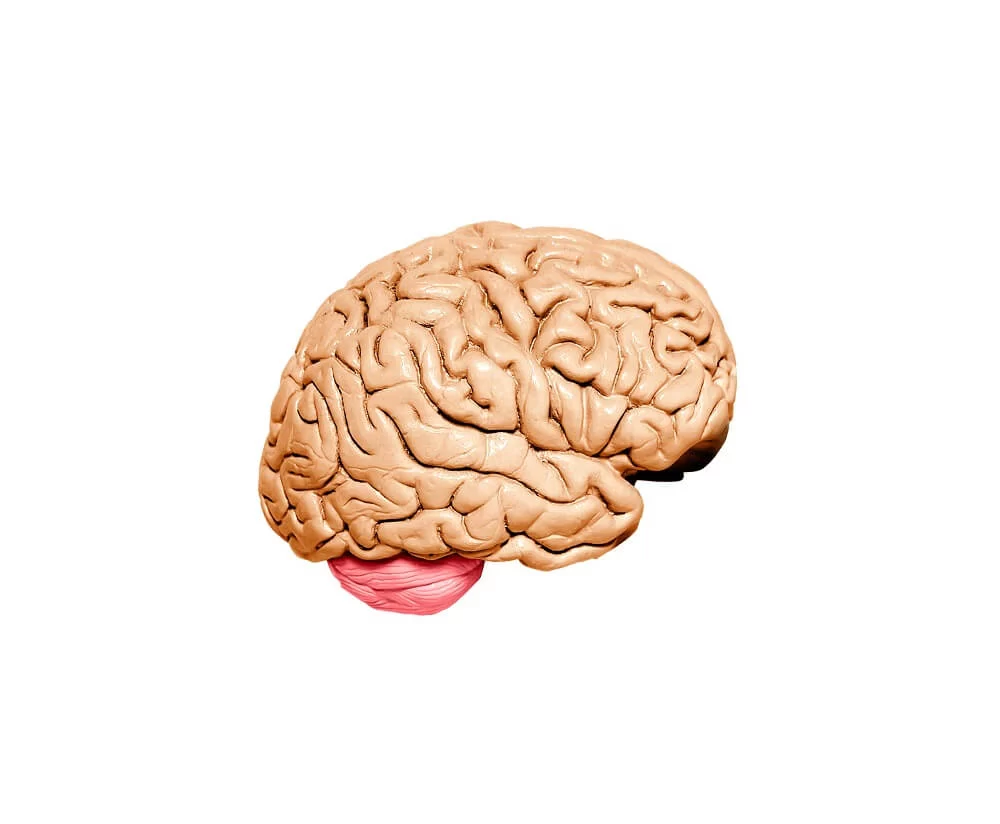When you hear the phrase ‘mind education,’ the first thing you might think of is superheroes and having the ability to control minds. However, in reality, mind education is a very prevalent subject of discussion among scientists.
The mind is responsible for controlling the way we act and behave around others. It tells us the difference between right and wrong. If it weren’t for our minds, then we would not be able to advance as quickly as society has in the past years. That being said, the mind is incredibly unique, and no two minds are entirely alike.
Therefore, this article will discuss mind education and why it should be an essential part of your daily life.
What does Mind Education mean?
Founder and Pastor Ock Soo from Korea’s International Youth Fellowship claim that mind education encompasses three major pillars: thinking skills, interaction with others, and self-control. If people study these three skills, they can make meaningful changes in their life.
Humans have powerful brains, and our ability to think about problems is our greatest gift. If you are struggling to complete your day-to-day tasks, then your brain is capable of looking for solutions based on the previous knowledge you’ve retained.
For example, when cooking a recipe, you might use salt to flavor your vegetables. If the salt adds to the flavor of the dish, then it might inspire you to use salt in future dishes. This simple system is how our brain works to evolve continually.
Interactions with others mean that we get smarter and learn from the people we surround ourselves with. Spending lots of time with talented and intelligent people will help you learn and grow from their experiences.
Finally, self-control is vital to the mind because it needs to act on what you have learned. For example, you now know that salt makes a dish taste delicious but that too much is bad for your health. Therefore, your brain and mind need self-control when deciding how much salt to add to the dish. It might taste better to add more, but it will be worse for your health.
Why is studying mind education important?
Ok, you understand what mind education means, but now you are curious as to why we should study it. We don’t entirely know what the mind does and why it is crucial to our bodies, but we learn more each day! We should explore mind education for many reasons because much of it remains a mystery.
Here are a few reasons you might want to study mind education.
1. It could cure clinical depression.
We have still not discovered a cure for clinical depression, but we have a pretty good idea that the illness stems from our brain and mind. If you’re depressed, it might be due to a chemical issue in your brain or how you interact with the world. We don’t fully know the mind’s involvement but strengthening it can lead to a happier life.
2. Be in better control of your emotions.
Our mind helps us deal with our emotions and what we go through in life. If our mind is strong, we will be able to use self-control and react to events in more positive ways.
3. Become a better leader
The more you use and grow your mind, the better decisions you will be able to make. Our mind likes to learn from the things that we experience in life. Therefore, if we happily go through life, others will want to recreate our happiness. We can then assume leadership positions and teach people the tricks we use to stay positive and healthy.
4. All minds are unique, with different talents
Our minds can learn to be confident in both ourselves and our abilities. If you struggle to learn something or perform a specific task, you must realize that all brains are made differently. If you’re a chef, then the way you think and behave will be different from a doctor. Finding something that brings you joy and working towards accomplishing it is crucial.
How do you study mind education?
There are many different ways to study mind education that can positively influence how you live. The basic formula for learning something requires these two things: attention and memory. If you give something attention and memorize it, it will lead to learning. Follow this golden rule for expertly training your mind. Here are a few other tips to follow:
1. Meditate
Meditation provides a great opportunity for your mind to wander on its own. To do this, find a calm and peaceful environment to sit down and let your mind explores your thoughts. You might find it teaches you something valuable about yourself.
2. Surround yourself with like-minded people
You will learn the most from the people you spend most of your time with. Therefore, you should choose your friends wisely and socialize with people that you look up to and respect. Don’t limit yourself because of your group of friends.
3. Consume good content
Books, movies, and podcasts are all great forms of mind education. Your mind will absorb the information it encounters and slowly retain it inside your head. As a result, you will be able to access that knowledge at times that it is needed. You are training your mind by reading this article and learning all these valuable skills!
4. Eat healthily, drink lots of water, and sleep properly!
Your mind is connected to your brain and body, which needs food, water, and sleep to function correctly. Don’t stay up late and eat chocolate or drink soda every night. Instead, build healthy habits and routines that improve your body and mind.
5. Write in a journal
We have already discussed this, but the brain and mind need practice and attention to learn. Writing in a journal is a quick and easy task you can do in the morning before work or before going to bed! Writing in a journal will help your mind understand and process the information it encounters.
Conclusion
Mind education is an important subject in science that is still in its beginning stages. We have so much more to learn about our minds and the complex processes that they go through. Nonetheless, you can start positively changing your life today by practicing the healthy habits discussed in this article.
If you found this information helpful, please comment on what you think about mind education! Will you start to implement some of these tips into your daily routine?
Please share this post with a friend who might also benefit from training their mind and making lifestyle changes that lead to healthier and happier lives.
Citations:
Watson, Andrew. “What Is ‘Mind, Brain, Education’? Defining the Undefinable…” Education Conferences, 2021, https://www.learningandthebrain.com/blog/what-is-mind-brain-education-defining-the-undefinable/.
Hyeong-woo, Kan. “[Herald Interview] ‘Mind Education Can Change a Lot’.” The Korea Herald, The Korea Herald, 8 July 2021, https://www.koreaherald.com/view.php?ud=20210708000750.
Team, The ITSI. “The 6 Principles of Mind-Brain-Education.” ITSI, 10 Sept. 2018, https://itsieducation.com/the-6-principles-of-mind-brain-education/.
Marcus, Gary. “The Trouble with Brain Science.” The New York Times, The New York Times, 12 July 2014, https://www.nytimes.com/2014/07/12/opinion/the-trouble-with-brain-science.html.
Damasio, Antonio. “We Feel, Therefore We Learn: The Relevance of … – Wiley Online Library.” Https://Onlinelibrary.wiley.com/Doi/Full/10.1111/J.1751-228X.2007.00004.x, 2007, https://onlinelibrary.wiley.com/doi/full/10.1111/j.1751-228X.2007.00004.x.







